AWS DevOps Course Syllabus For Beginners
4.9 out of 5 based on 9877 votesLast updated on 10th Apr 2024 16.4K Views
- Bookmark

Learn AWS DevOps essentials: EC2, S3, IAM, CloudFormation, CodePipeline, and more. Optimize deployment & automation with this comprehensive course.
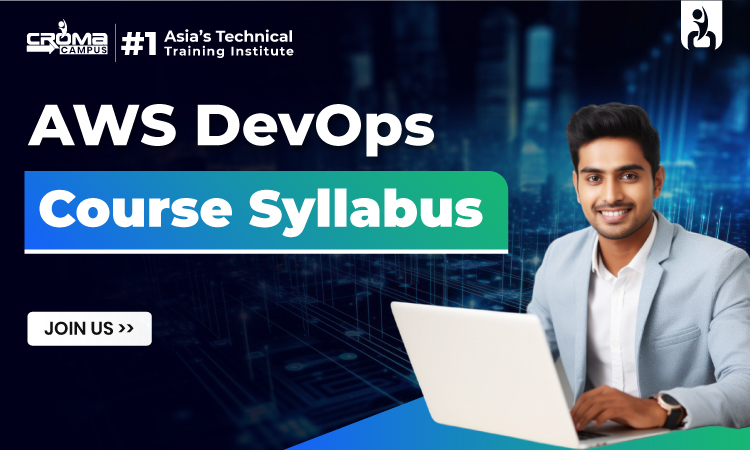
Introduction
The AWS Certified DevOps Professional exam is a comprehensive assessment that aims to evaluate candidates' proficiency in implementing DevOps practices on the AWS platform. This certification has been designed for individuals with extensive experience in AWS environment management, modern development methodologies, automation, and cloud computing. The AWS DevOps Course With Placement program provides the best facilities to help one prepare for this exam.
Successfully passing this exam demonstrates a deep understanding of DevOps principles and one’s ability to use the AWS services effectively in DevOps workflows.
An Insight into AWS DevOps Course Syllabus
The AWS DevOps course syllabus outlines a comprehensive AWS DevOps course. This course is designed to equip learners with the knowledge and skills needed to effectively implement DevOps practices on the AWS cloud platform. Moreover, after clearing the exam, one can get placed in roles like AWS Certified DevOps Engineer, DevOps Architect, etc.
Furthermore, the DevOps Online Course will cover essential concepts, tools, and best practices to enable participants to streamline software development, deployment, and operations processes.
AWS DevOps Course Objectives
- Understand the principles and benefits of DevOps.
- Gain proficiency in utilizing AWS services for DevOps practices.
- Learn to automate software delivery pipelines using AWS tools.
- Implement infrastructure as code (IaC) using AWS CloudFormation.
- Develop skills in monitoring, logging, and debugging applications on AWS.
- Master continuous integration, and continuous deployment (CI/CD) pipelines on AWS.
- Learn best practices for security and compliance in DevOps workflows on AWS.
Note: Unlock your career potential with comprehensive AWS Cloud Computing Training, mastering essential skills in cloud infrastructure, scalability, and services to excel in the ever-evolving field of cloud technology.
AWS DevOps Course Syllabus Structure
Introduction to DevOps and AWS Fundamentals
- Overview of DevOps principles, culture, and practices.
- Introduction to AWS services relevant to DevOps: EC2, S3, IAM, etc.
- Setting up AWS CLI and SDK for automation.
- Hands-on exercises: Basic AWS account setup and navigation.
Infrastructure as Code (IaC) with AWS CloudFormation
- Understanding Infrastructure as Code (IaC) concepts.
- Introduction to AWS CloudFormation for provisioning and managing AWS resources.
- Writing CloudFormation templates.
- Hands-on labs: Creating and deploying stacks using CloudFormation.
Tips: If you want to become an AWS Engineer, you must acquire an AWS Online Course and get ahead in this field.
Continuous Integration and Deployment (CI/CD) on AWS
- Introduction to CI/CD pipelines.
- Setting up CI/CD pipelines using AWS CodePipeline.
- Integrating AWS CodeBuild and AWS CodeDeploy.
- Implementing automated testing in CI/CD pipelines.
- Hands-on project: Building a CI/CD pipeline for a sample application.
Monitoring, Logging, and Debugging on AWS
- Overview of AWS CloudWatch for monitoring and logging.
- Setting up CloudWatch alarms and dashboards.
- Utilizing CloudWatch Logs for log aggregation and analysis.
- Introduction to AWS X-Ray for application debugging.
- Hands-on exercises: Configuring monitoring and logging for sample applications.
Security and Compliance in AWS DevOps
- Best practices for securing AWS resources.
- Understanding AWS Identity and Access Management (IAM) for access control.
- Implementing security automation using AWS Config and AWS Security Hub.
- Compliance considerations in DevOps workflows.
Final project
- Designing a secure and compliant DevOps workflow on AWS.
Note: Croma Campus is one of the best & accredited EdTech companies for providing AWS Course in Delhi. You can check the details about the course, fees, and duration.
Also Read This Posts:
Difference Between DevOps And DevSecOps
Preparation Tips
To successfully pass the AWS DevOps for Beginners certification exam, candidates must possess a solid foundation of skills and experience in various areas related to AWS environments and modern development practices.
Here are some key skills and knowledge areas that candidates should focus on:
- Expertise in AWS Environment Management: Candidates should have at least two years of hands-on experience in provisioning, managing, and operating AWS environments. This includes familiarity with a wide range of AWS services such as EC2, S3, IAM, CloudFormation, CodePipeline, CodeDeploy, etc. In addition, practical experience in setting up and managing AWS resources is essential for understanding the intricacies of DevOps practices on the AWS platform.
- Knowledge of Modern Development Practices: Aspiring candidates should be well-versed in the latest operations and development methodologies, techniques, and tools. This includes understanding concepts such as Agile, Continuous Integration/Continuous Deployment (CI/CD), Infrastructure as Code (IaC), and DevOps culture and practices. Furthermore, knowledge of industry best practices for software development and deployment will be crucial for implementing effective DevOps workflows on AWS.
- Operating System Monitoring and Automation: In addition, candidates should have a solid understanding of operating system monitoring tools and techniques. This involves knowledge of how to monitor system performance, identify bottlenecks, and troubleshoot issues effectively. Additionally, candidates should be proficient in building automated infrastructures using tools like AWS CloudFormation and configuration management systems like Ansible, Chef, or Puppet.
- Programming Skills: Aspiring candidates should have proficiency in one or more programming languages. They must be able to write code to automate tasks and develop applications on the AWS platform. Furthermore, knowledge of scripting languages like Python, Bash, or PowerShell is particularly valuable for automating AWS workflows and managing infrastructure programmatically.
- Cloud Computing Concepts: A strong understanding of cloud computing principles, including scalability, elasticity, security, and cost optimization, is essential for effectively leveraging AWS services in a DevOps context. Additionally, candidates should be familiar with cloud architecture patterns, deployment models, and service models to design scalable and resilient solutions on AWS.
By focusing on these key skills and knowledge areas, candidates can enhance their ability to tackle the AWS Certified DevOps Professional exam. Moreover, such skills help aspiring AWS Certified DevOps Engineer and other AWS professionals demonstrate their proficiency in implementing DevOps practices on the AWS platform.
Relevant Cloud Computing Online Courses:
Amazon Web Services Certification
Best Cloud Computing Courses in India
Azure Data Factory Online Training
Conclusion
In summary, passing the AWS Certified DevOps Professional exam requires a solid foundation in AWS environment management. Additionally, one must be skilled in modern development practices, operating system monitoring, automation, programming skills, and cloud computing concepts. With diligent preparation and a comprehensive understanding of these areas, candidates can confidently demonstrate their expertise in DevOps on the AWS platform.
Subscribe For Free Demo
Free Demo for Corporate & Online Trainings.
.webp)
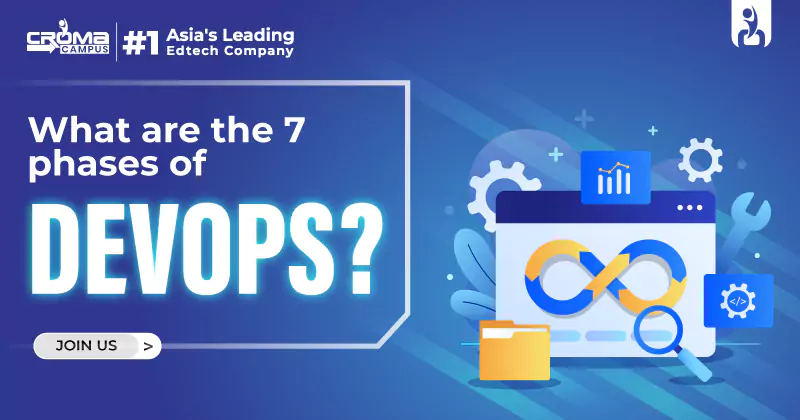
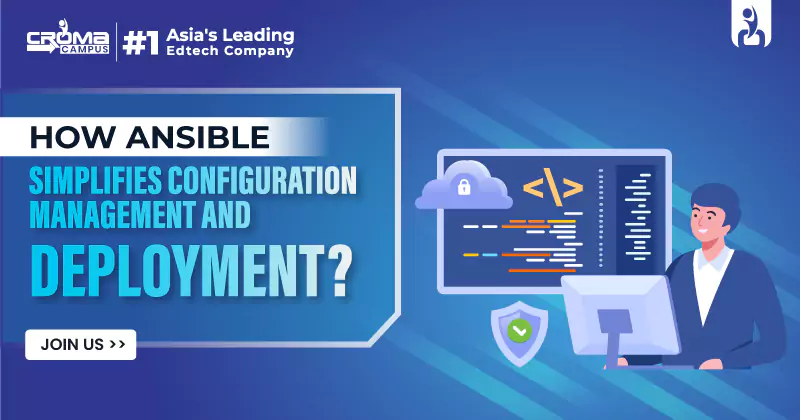
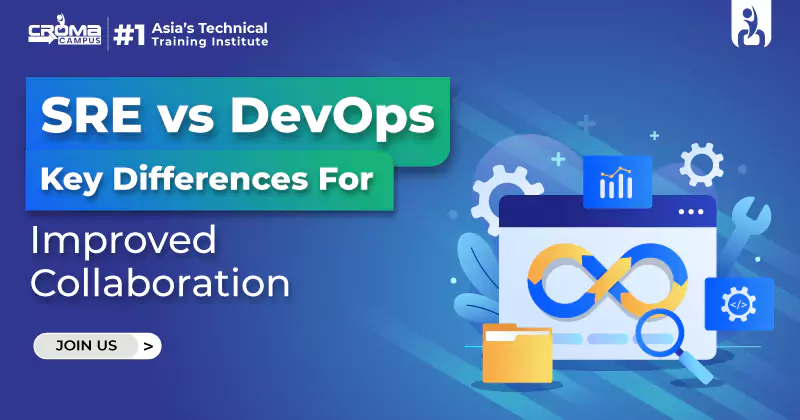
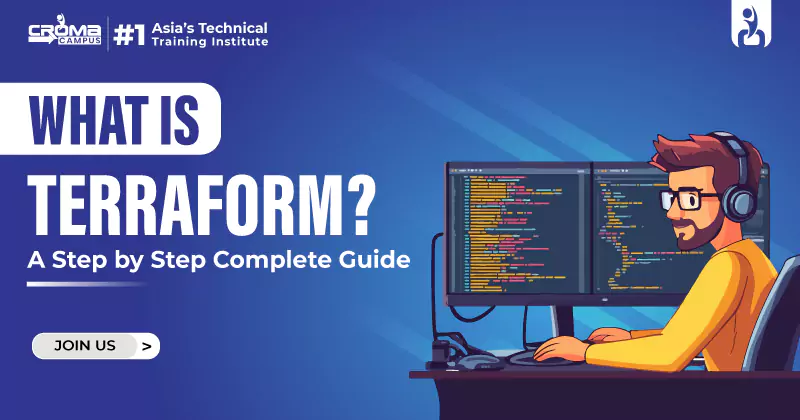
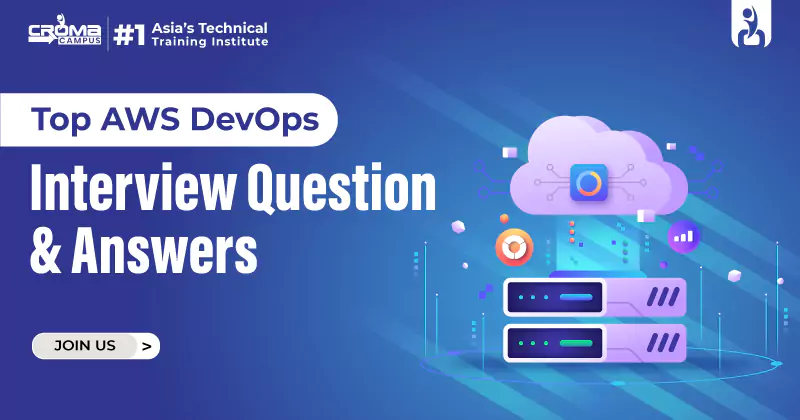
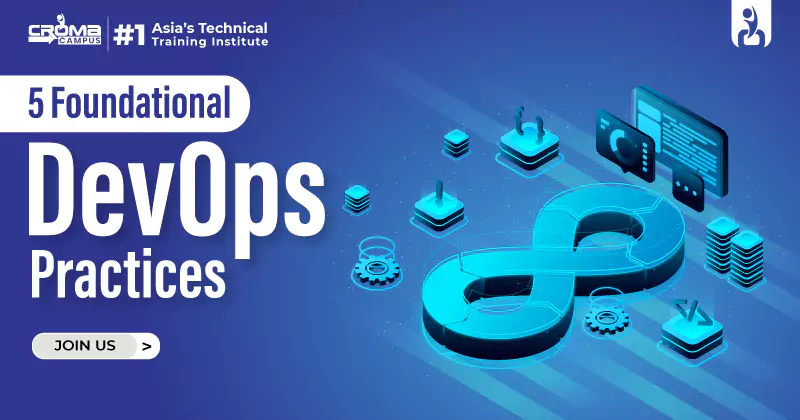
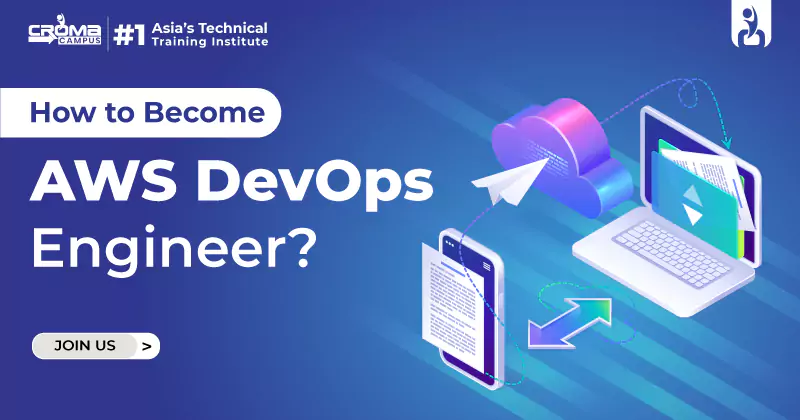
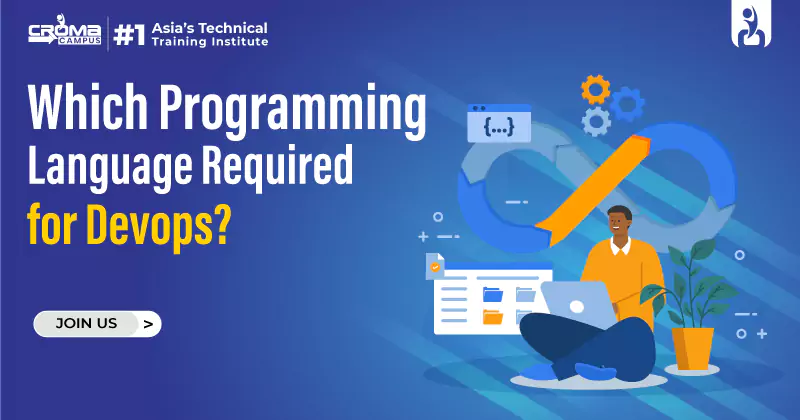
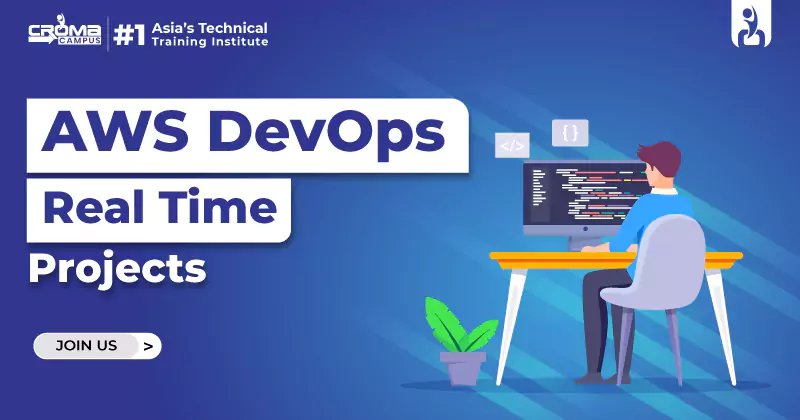
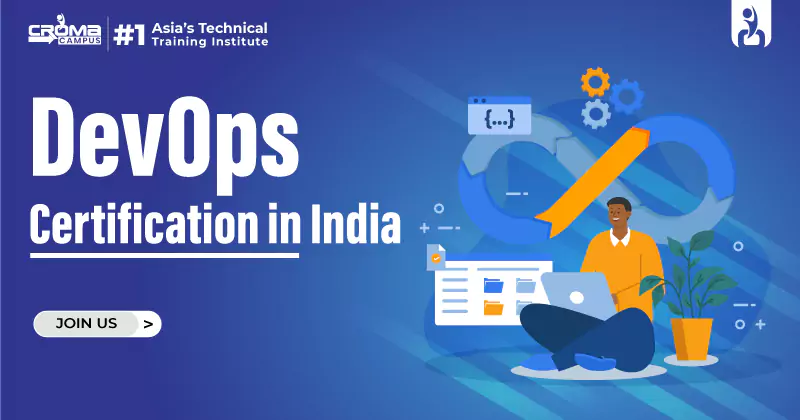
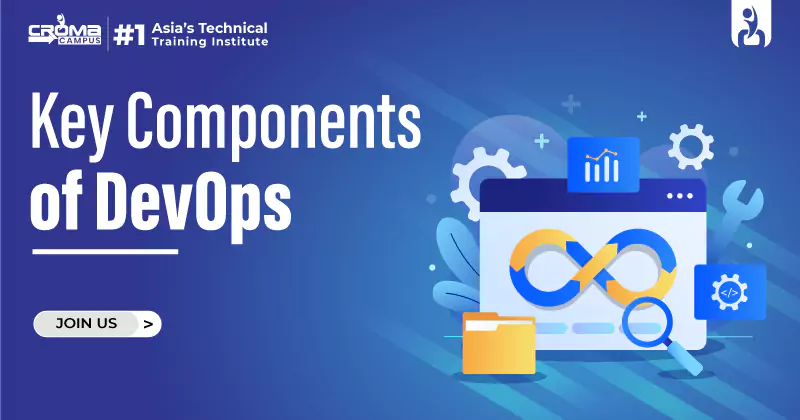













.webp)
.webp)

.png)















